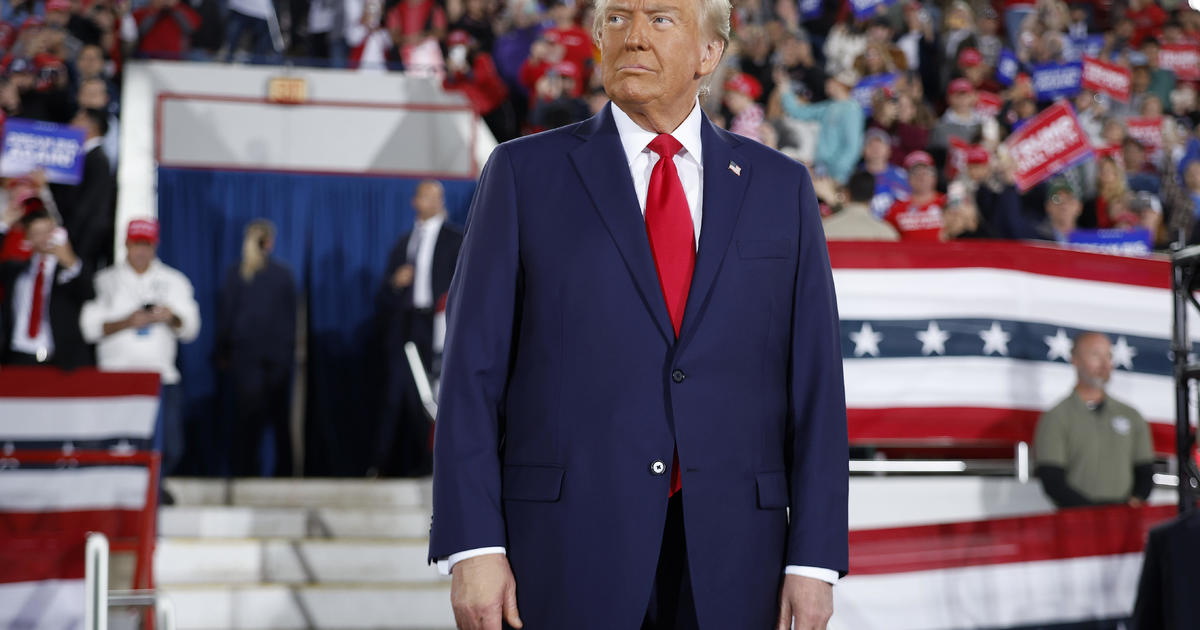In the recent presidential campaign in North Carolina, both Kamala Harris and Donald Trump made efforts to appeal to the Lumbee Tribe, a state-recognized tribe with 55,000 members whose support could have been crucial in tipping the battleground state in their favor. Trump, in particular, made a promise in September to sign legislation granting federal recognition to the Lumbee Tribe, a move that would provide them access to federal funds. Ultimately, Trump emerged victorious in North Carolina by a margin of more than 3 points, with continued support from Lumbee voters playing a significant role in his success.
As Trump prepares to take office in January, the Lumbee Tribe eagerly awaits the fulfillment of his promise. The issue of federal recognition for the tribe has garnered support from Republican allies in Congress, sparking interest and attention from tribal nations across the country who are closely monitoring the developments.
Typically, tribal nations seek federal recognition through an application process with the Department of the Interior. However, the Lumbee Tribe has been attempting to bypass this process by seeking recognition through Congress. Chairman John Lowery has criticized the Interior Department’s application process as flawed and excessively lengthy, arguing that Congress should rectify what he perceives as a historical injustice.
The Lumbee Tribe’s pursuit of federal recognition has faced opposition from other tribal nations, including the only federally recognized tribe in North Carolina. Some argue that the Lumbee Tribe should follow the formal process through the Department of the Interior to gain federal acknowledgment. Reports suggest that Trump may require the Lumbee Tribe to go through this process and may not sign a recognition bill unless they do so. The importance of federal recognition lies in the access it provides to crucial resources like healthcare through Indian Health Services and the ability to establish reservations through the land-to-trust process.
The Lumbee Tribe’s quest for federal recognition dates back several decades, with their initial petition for recognition being denied in 1985. In recent years, the tribe has been granted the opportunity to reapply, but they have chosen to pursue recognition through legislation rather than through the established application process. This unconventional approach has sparked debates within Indian Country and Congress about Indigenous identity and tribal nationhood.
Despite facing opposition, the Lumbee Tribe has garnered support from members of both parties in Congress. Senator Thom Tillis of North Carolina has been a vocal advocate for the tribe, introducing the Lumbee Fairness Act and blocking certain bills unless tribal leaders pledge their support for the Lumbee cause. This tactic has drawn criticism from other tribal leaders, including the Principal Chief of the Eastern Band of Cherokee Indians, who question the validity of the Lumbee’s historical claims.
Tillis’ actions have led to tensions within Congress, with the Lumbee Tribe caught in the middle of a political dispute over federal recognition. The tribe’s supporters emphasize the importance of their cause and the benefits that federal recognition would bring, while opponents raise concerns about the implications for other tribal nations and the integrity of the recognition process.
As the Lumbee Tribe awaits a decision on their federal recognition, they continue to navigate a complex political landscape filled with challenges and uncertainties. The outcome of their quest for recognition will not only impact the tribe but also have broader implications for tribal nations across the country. The Lumbee’s struggle for federal acknowledgment serves as a microcosm of the larger issues surrounding Indigenous rights and sovereignty in the United States.









